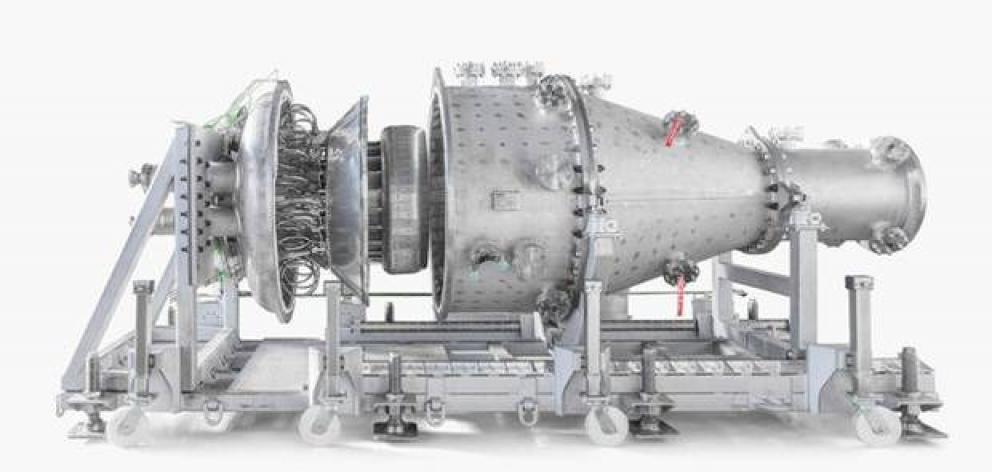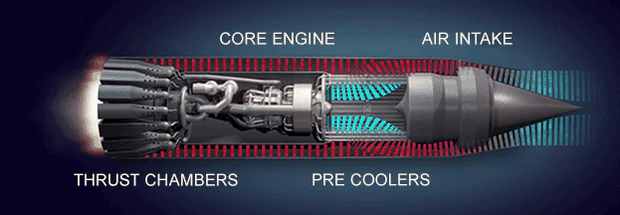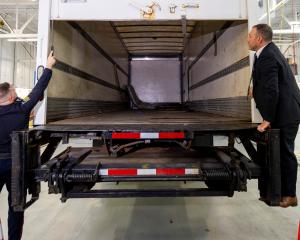
A "Spaceplane" that travels 25 times faster than the speed of sound has successfully passed a crucial testing milestone.
The Sabre air-breathing rocket engine is so fast it could jet from the UK to New Zealand in approximately four hours and transport travellers from London to New York in less than 60 minutes.
Oxford-based Reaction Engines has been working with the European Space Agency and the UK Space Agency, along with BAE Systems, to make the hypersonic plane, BBC reports.
Reaction Engines is planning to combine the fuel efficiency of a jet engine with the power and speed of a rocket in order to drive space planes to orbit and take airliners around the world in just a few hours.
Recently, the team have been working on a "pre-cooler" to enable the plane to manage very high-temperature airflows.
The pre-cooler is critical in the plane's development as it is required to stop the engine from melting by lowering the temperature of compressed air in the engine from more than 1000°C to room temperature in one-20th of a second.
The group is confident its "pre-cooler" technology can now go on to show the same performance in conditions that simulate flying more than five times the speed of sound.

"We're now able to prove many of the claims we've been making as a business, backed up by very high-quality data," Reaction Engines CEO Mark Thomas told BBC News.
"In this most recent experiment, we've near-instantaneously transferred 1.5 Megawatts of heat energy - the equivalent of 1000 homes' worth of heat energy."
The testing was conducted at a dedicated facility at the Colorado Air and Space Port in the US.
Along with Rolls-Royce and Boeing, the engine will continue to be refined over the next few years.












